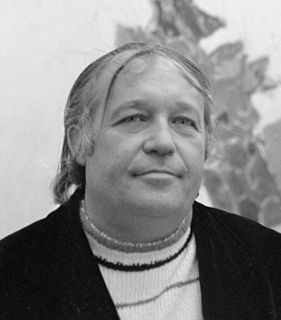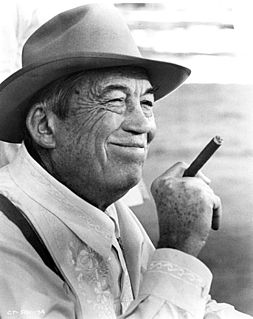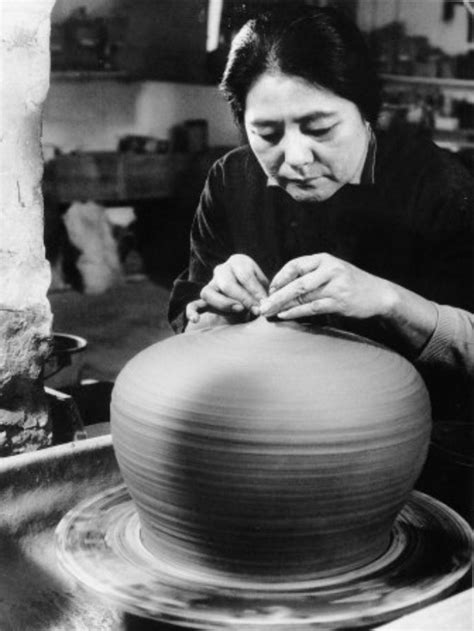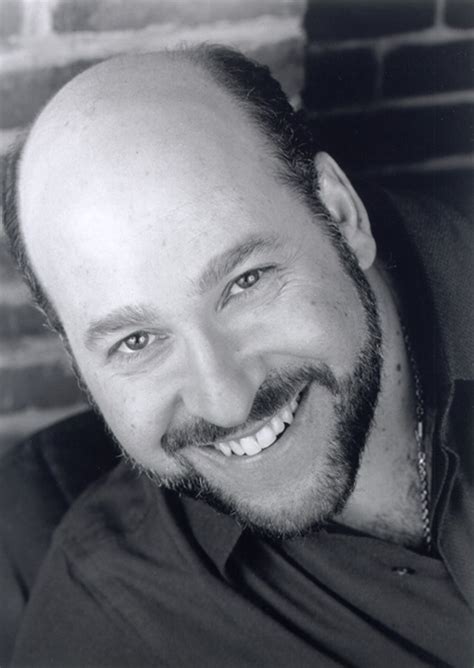A Quote by H. G. Wells
An artist who theorizes about his work is no longer artist but critic.
Related Quotes
Why was the painting made? What ideas of the artist can we sense? Can the personality and sensitivity of the artist be felt when studying the work? What is the artist telling us about his or her feelings about the subject? What response do I get from the message of the artist? Do I know the artist better because of the painting?
The artist usually sets out -- or used to -- to point a moral and adorn a tale. The tale, however, points the other way, as a rule. Two blankly opposing morals, the artist's and the tale's. Never trust the artist. Trust the tale. The proper functions of a critic is to save the tale from the artist who created it.
As an artist, illustrator, and photographer, most of my daily work was formed around the Art & Entertainment business, which was about packaging ideas that looked like they were crafted as artist ideas. In the distributed products, my artist credit was hidden inside the package of the artist or entertainment personality.
The artist seeks contact with his intuitive sense of the gods, but in order to create his work, he cannot stay in this seductive and incorporeal realm. He must return to the material world in order to do his work. It's the artist's responsibility to balance mystical communication and the labor of creation.



































